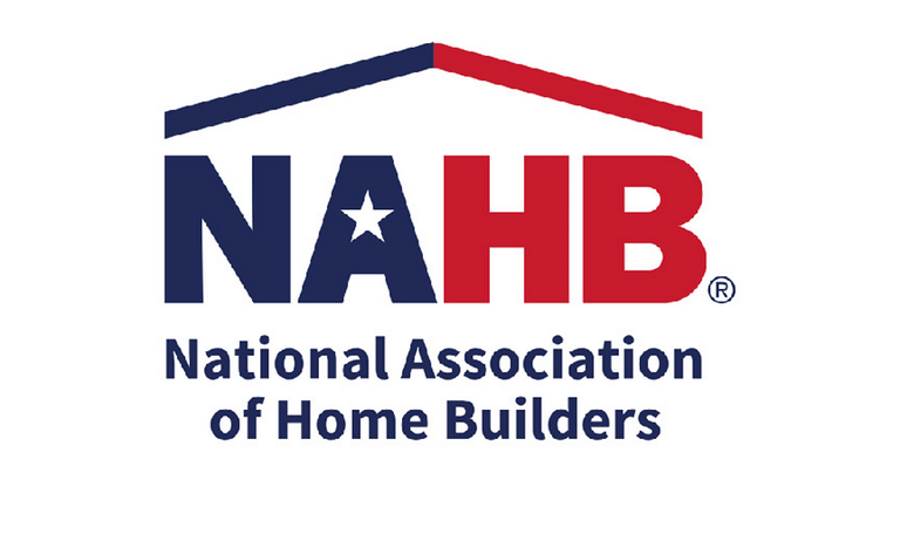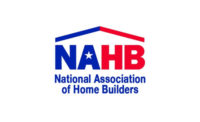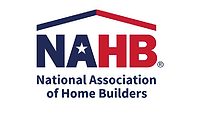Led by solid gains in single-family production, overall housing starts increased 4.9 percent in October to a seasonally adjusted annual rate of 1.53 million units, according to a report from the U.S. Department of Housing and Urban Development and the U.S. Census Bureau.
The October reading of 1.53 million starts is the number of housing units builders would begin if development kept this pace for the next 12 months. Within this overall number, single-family starts increased 6.4 percent to a 1.18 million seasonally adjusted annual rate, and are up 8.6 percent year-to-date. The pace of single-family starts was the best since the spring of 2007. The multifamily sector, which includes apartment buildings and condos, remained unchanged from the previous month at a 351,000 pace.
"As seen in the NAHB/Wells Fargo builder confidence index, single-family starts continue to grow off a historic rebound that began in April," said Chuck Fowke, chairman of the National Association of Home Builders (NAHB) and a custom home builder from Tampa, Fla. "Current demand is being supported by historically low interest rates and home buyer preferences shifting to the suburbs and exurbs."
On a regional and year-to-date basis (January through October of 2020 compared to that same time frame a year ago), combined single-family and multifamily starts are 15.5 percent higher in the Midwest, 7.5 percent higher in the South, 4.7 percent higher in the West and 6.4 percent lower in the Northeast. The gains for the Midwest are notable and being led by the shift to lower cost, lower density areas.
Overall permits came in at a 1.55 million unit annualized rate in October, remaining unchanged from the previous month. Single-family permits increased 0.6 percent to a 1.12 million unit rate. Multifamily permits decreased 1.6 percent to a 425,000 pace.
Looking at regional permit data on a year-to-date basis, permits are 5.6 percent higher in the Midwest, 5.5 percent higher in the South, 0.1 percent higher in the West and 3.9 percent lower in the Northeast.
For more details, visit nahb.org.









